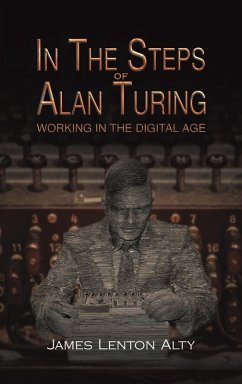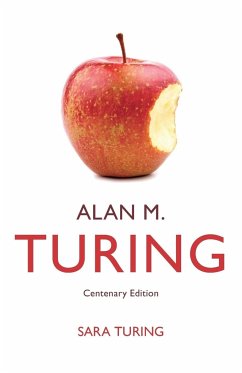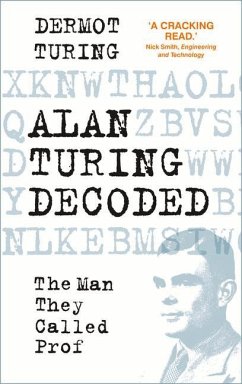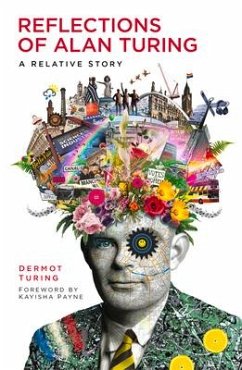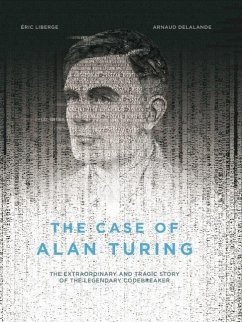
In the Steps of Alan Turing
Working in the Digital Age

PAYBACK Punkte
7 °P sammeln!
Computing had developed at an astonishing pace over the last 40 years and Prof Alty has been involved in most aspects from working at the bits/bytes level to higher level management. As a member of the Computer Board for Universities and Research Councils between 1976 - 81) he chaired a very influential working party on microtechnology which had a major impact both in universities and in industry. One commentator wrote "this report should be tattooed on the DTI's backside"! In 1976, he, and his team were the first to recognise that the post code was much more important than assisting the posti...
Computing had developed at an astonishing pace over the last 40 years and Prof Alty has been involved in most aspects from working at the bits/bytes level to higher level management. As a member of the Computer Board for Universities and Research Councils between 1976 - 81) he chaired a very influential working party on microtechnology which had a major impact both in universities and in industry. One commentator wrote "this report should be tattooed on the DTI's backside"! In 1976, he, and his team were the first to recognise that the post code was much more important than assisting the posting of letters, and they pioneered its commercial use. He spent a great deal of effort making computers easier to use for the average person. Between 1984 and 1990, he was Executive Director of the Turing Institute for Artificial Intelligence and became very involved with artificial intelligence research round the world. Between 1990 and 2000 his research team made significant improvements to critical computer interfaces to power stations and aircraft. in the 1990's Prof Alty examined the techniques of musical composition and showed that they could be used in computer interfaces. In 1996 he pioneered the commercial use of digital radio producing with Roberts Radio, the first successful DAB Radio, (there is one on display in the British Science Museum). Finally, in 2000, he and his team performed some important research into dyslexia, which is still highly quoted even today 20 years later. The book provides an interesting insight into working in the digital age.



